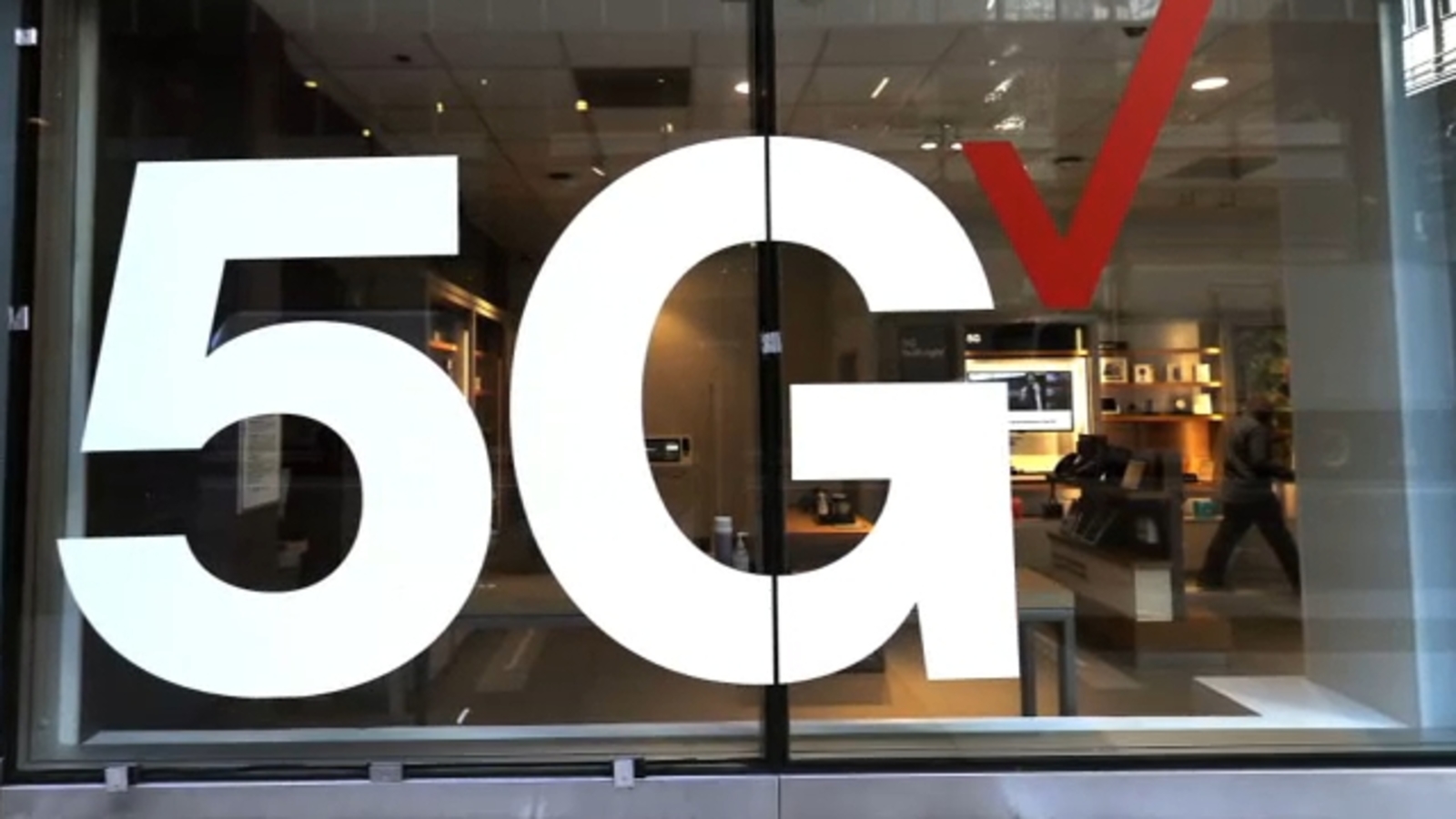Verizon has been a notable name, offering 5G home internet services that promise to revolutionize how we connect to the world. In an era where the internet is as essential as electricity to the modern home, service providers are constantly innovating to offer faster, more reliable connections at competitive prices. However, the cost of staying connected has often been a barrier for many. In a strategic move to become more accessible,
Verizon has now introduced a more affordable 5G home internet service through its subsidiary, Total by Verizon. This move not only democratizes high-speed internet access but also signifies a major shift in the telecom industry’s approach to pricing and service delivery.

The New Frontier: Total by Verizon’s 5G Home Internet
Total by Verizon, previously known as Total Wireless and now a beacon in the affordable internet space, is pioneering this change with its new 5G home internet service. This service leverages Verizon’s robust network infrastructure to offer a prepaid, no-contract billing option that is significantly cheaper than its traditional plans. For those wary of long-term commitments and looking for flexibility in their internet service, this is a game-changer.
The service operates through a large modem that connects to cell towers, similar to a smartphone, and comes with an integrated Wi-Fi router. This setup offers an alternative to the limited land-based internet options available to most Americans.
With over 3 million home internet customers under Verizon’s belt and T-Mobile reporting 2.1 million customers, the market for 5G home internet is burgeoning, and Verizon’s new offering is set to capture a significant share.
A Closer Look at Pricing and Speed
One of the most appealing aspects of Total by Verizon’s 5G home internet service is its competitive pricing. The service offers unlimited data with download speeds capped at 200 Mbps for as low as $45 per month, given automatic pay is enabled and the customer already has four phone lines on Total’s Unlimited plans.
Without these conditions, the service costs $60 per month, with a $5 discount if automatic payments are enabled. While this speed may not match the peak speeds of T-Mobile’s service in areas with excellent coverage, it represents a significant value for money, especially for users with moderate internet needs.
However, it’s important to note that customers are required to purchase the router upfront for $99.99, which includes activation. This is a departure from Verizon’s postpaid home internet plans, where the router cost is not charged upfront. Despite this initial cost, the overall savings and flexibility offered by Total by Verizon’s service make it an attractive option for many.

Choosing the Right Service for Your Needs
While the new prepaid 5G home internet service through Total by Verizon presents a compelling option, it’s essential to consider your specific needs and coverage in your area. For those in locations where the company offers the best service among the big three carriers, this new offering could be the most sensible choice.
It provides a balance between speed, cost, and the flexibility of a no-contract billing option. Before making a decision, potential customers are encouraged to visit Total by Verizon’s website to check the availability of the service at their address. This step is crucial in ensuring that the service meets your expectations in terms of coverage and speed.
Let´s share an article from #MobileWorldLive about #Verizon, highlighting the progress of SA 5G.
https://t.co/2QSaGq4832— APTICA (@APTICA_ES) February 7, 2024
A Step Towards Affordable Connectivity
The introduction of a more affordable 5G home internet service via Total by Verizon marks a significant step towards making high-speed internet accessible to a broader audience. In a world where internet connectivity is crucial for work, education, and entertainment, such initiatives are welcome changes.
They not only foster competition within the industry but also push the boundaries of what consumers can expect from their internet service providers. As the landscape of digital connectivity continues to evolve, Verizon’s move may well set a new standard for affordability and flexibility in the telecom sector.










